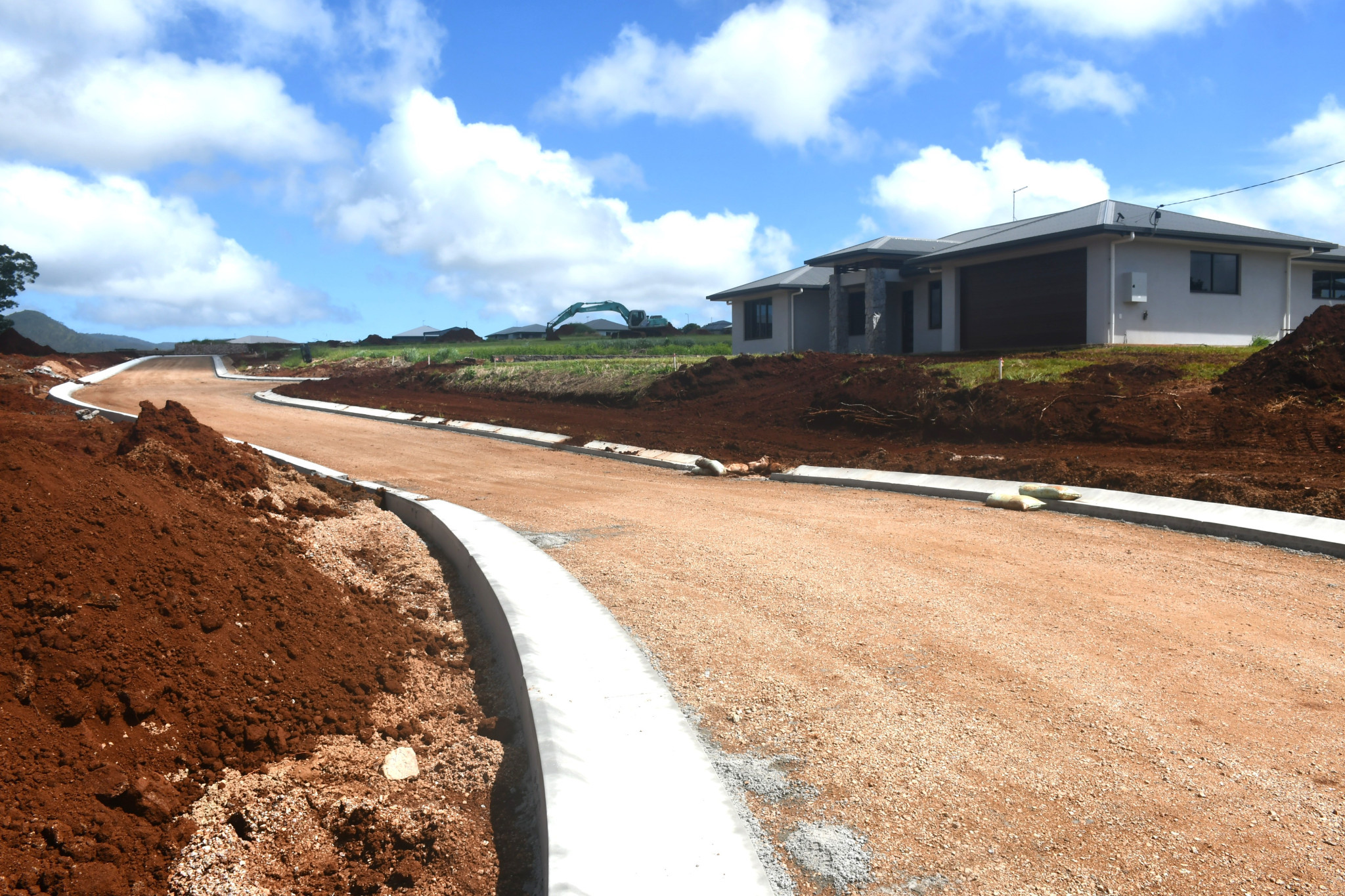General News
9 September, 2025
New charges to hit housing
BUILDING a house in a new subdivision could cost thousands of dollars more after Tablelands Regional Council approved massive hikes to infrastructure charges for developers.

The council says it has made the move because the cost of providing services like sewerage, water and roads for new subdivisions is being largely borne by the ratepayer.
In a report to council, chief executive officer Dr Nikola Stepanov said that because the council had not been levying charges at the maximum allowed by the State Government, it had missed out on nearly $8 million in infrastructure charges in the past six years.
The new charges will mean that building a one-bedroom dwelling would rise from $15,000 to $26,193, while houses with more than three bedrooms would rise from $22,500 to $36,670.
Dr Stepanov told the council that even with the increase in charges, ratepayers would still be subsiding the services to new housing areas.
“This report seeks to adopt the maximum charge allowed but there would still be a gap between that maximum charge and what it actually costs,” she said.
“If there had of been incremental increases (for infrastructure charges) over time, we would be in a much better financial position moving into the challenges we now face in infrastructure.”
But Cr Kevin Cardew expressed concern that the new charges could slow down development on the Tablelands, and higher prices for new homes would make it harder for young people buying their first property.
“I’ll be honest I’m very nervous about this,” he told the meeting.
“I understand that we need to increase our revenue across the board because of the financial situation of council and the need to renew our sewerage treatment plants and water treatments, especially in the Atherton area, and that’s going to cost a lot of money.
“What concerns me is that if we put these infrastructure costs up, the developer is only going to pass that charge on to the consumer.
“What concerns me is that we have a housing crisis here already, we have first homeowners, young people in our community, and what this will do to them – their ability to buy their first block of land and build their first home – because the developer will pass these charges on to the consumer, and some of those are first home buyers, young people in our community.
“The other thing I’m nervous about is, are we cutting off our nose despite our face? Because if we increase these infrastructure charges and then development slows because of it, what’s it going to do to our rateable base?
“By having subdivisions, we get rates revenue from those new lots – what concerns me is that if we put these charges up to the maximum, and development slows – and it is slowing as we saw in the planning report last month.”
Cr Cardew said he would support the rise in charges but only if it was reviewed next July to ascertain what impacts it may have.
“I’d like to think that if a review clearly demonstrates that we have done the wrong thing and we have severely hampered development in our area because of it, we would have the fortitude to reduce it,” he said.
Dr Stepanov said she did not believe the rise in charges would negatively impact upon growth in the region.
“This is not a tax – someone has to pay for the cost of infrastructure – a significant burden is borne by the ratepayer and those who use utilities so this is reducing the portion of burden borne by them,” she said.
“Ultimately for developers, if a project is so unfeasible that this makes a difference, then the project is unfeasible in the first place.
“And for developers, if they are passing on the full increase, then that’s a matter for them what level of profit they want to make from a development.”
She said the Tablelands was a lifestyle destination of choice for many people wanting to live there, and that was reflected in the considerable rise in valuations of land over recent years.
“For a developer, if you bought land five years ago, and you’re now subdividing it into many, many lots and then selling that off, there will already be a significant profit there,” Dr Stepanov said.
“So, it’s really around who should bear the burden of all the additional infrastructure and I think that for our ratepayers, and we’ve seen that with this year’s increase in rates.”
Mayor Rod Marti said it was really important that council “do this reset”, adding that “we have enormous commitments in front of us with our infrastructure and they have got to start happening right away”.


